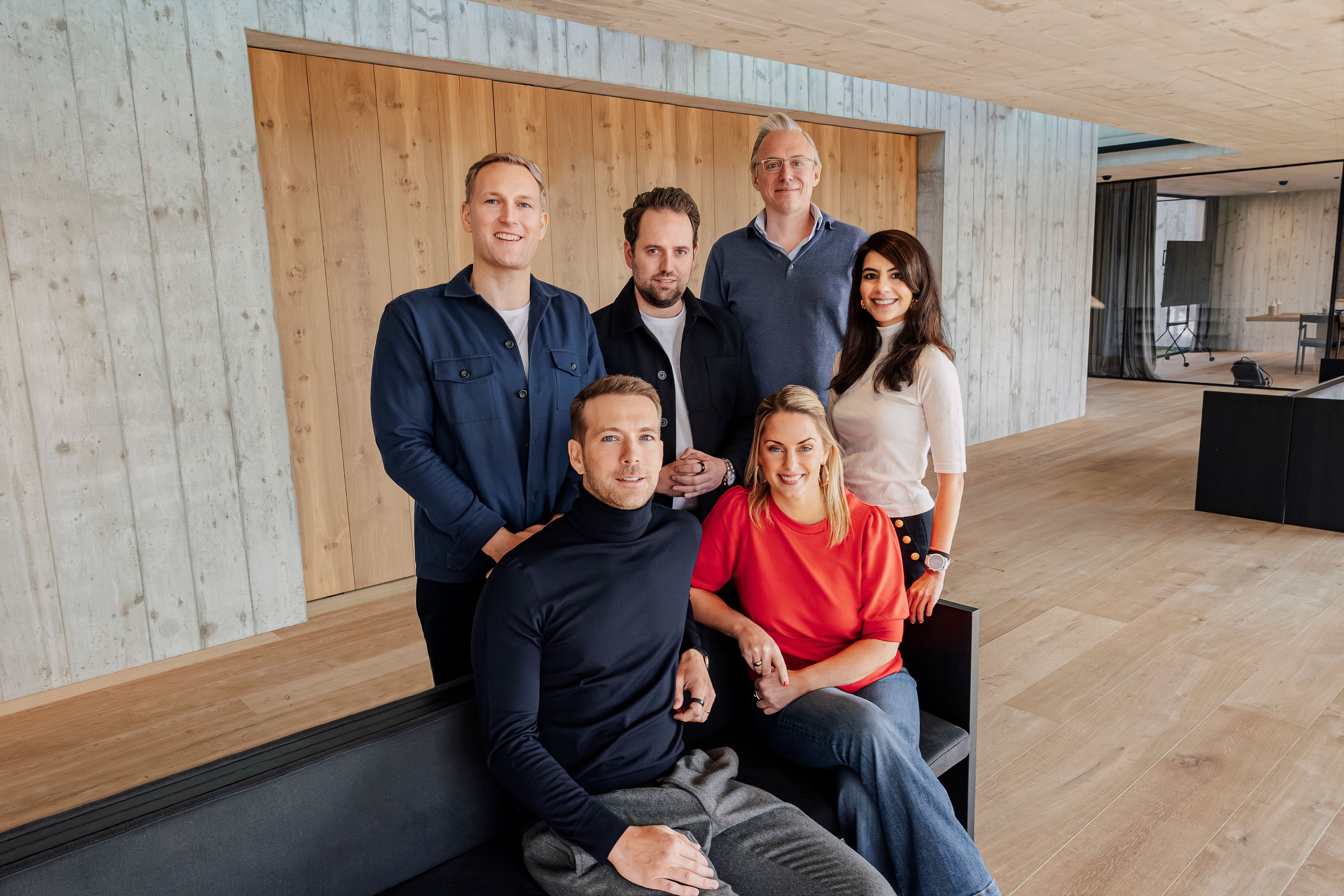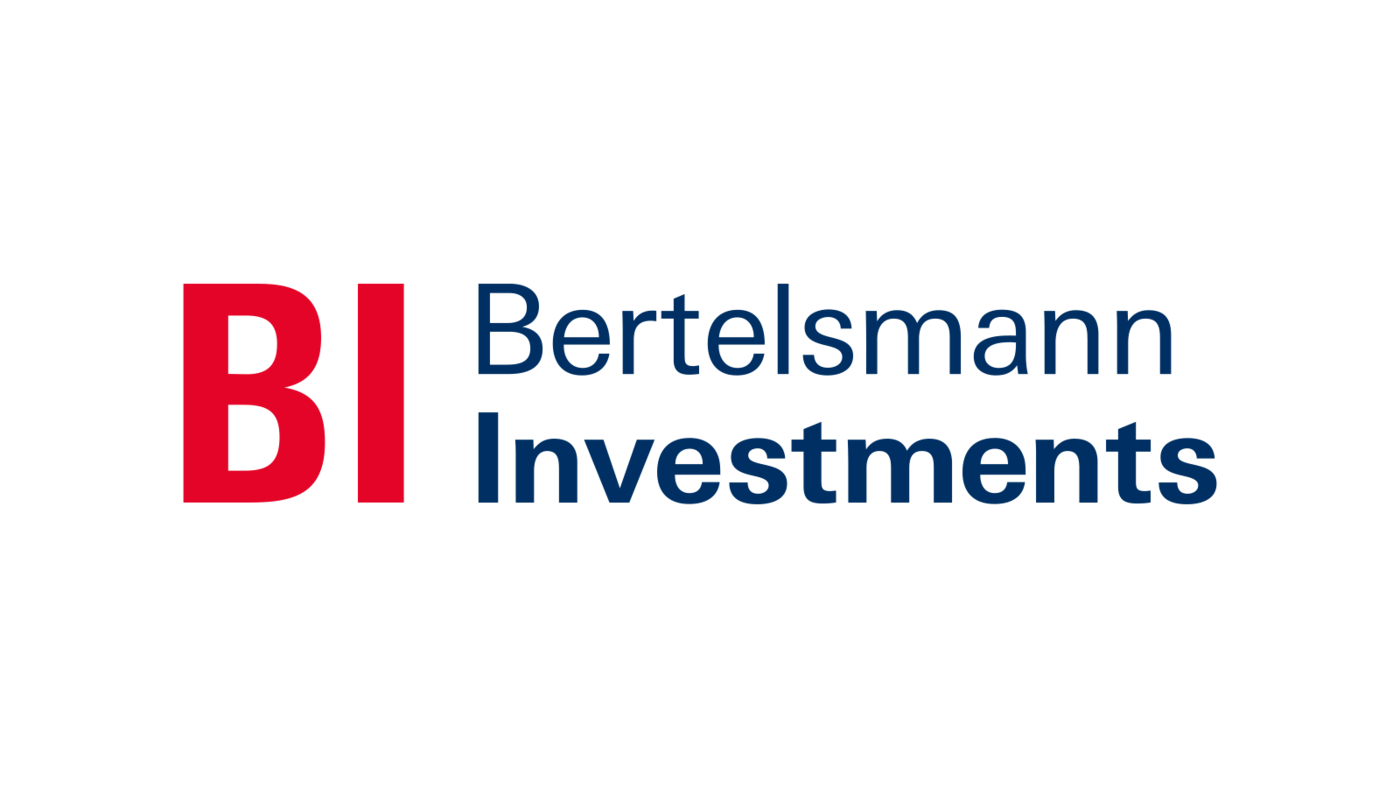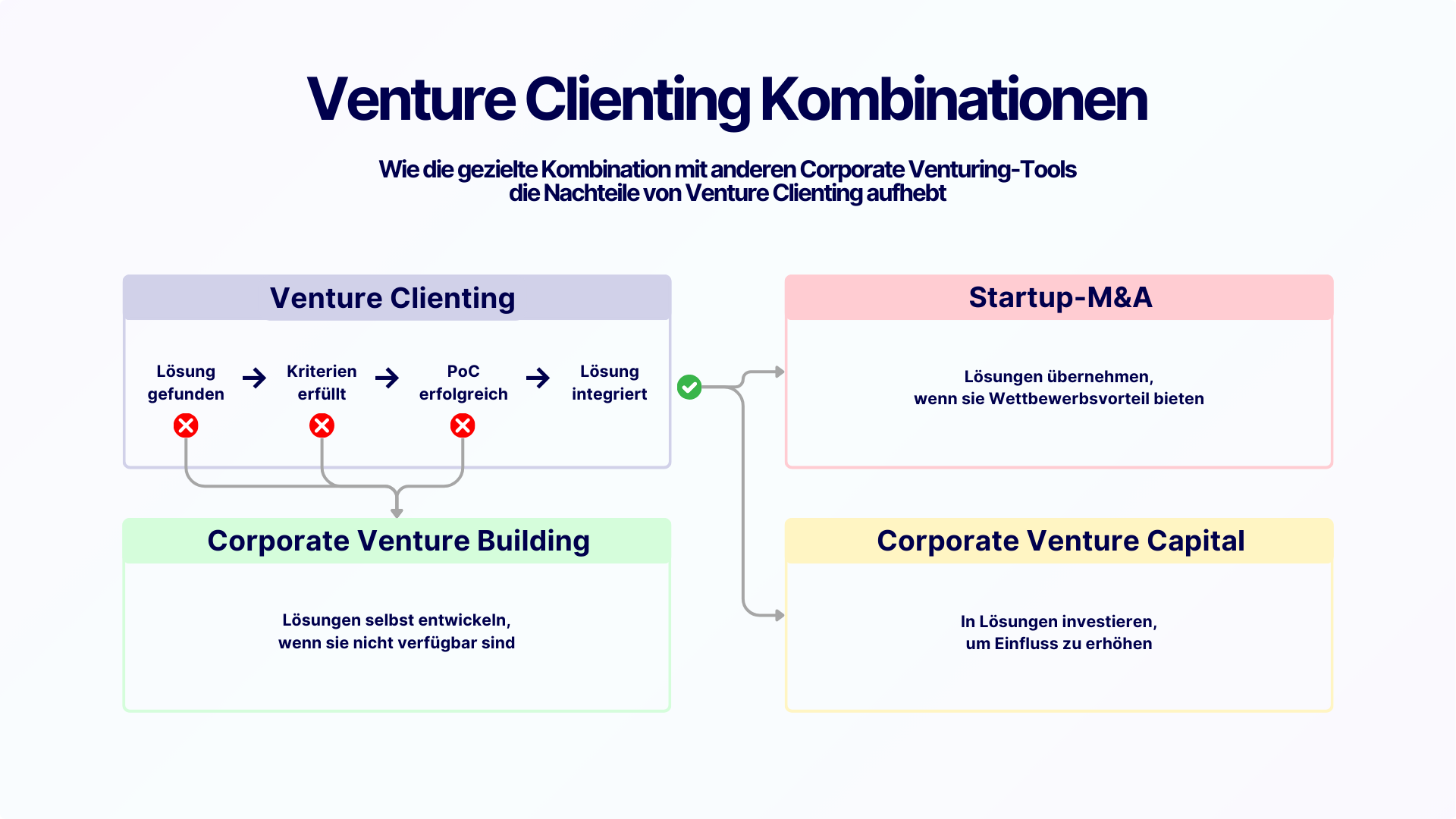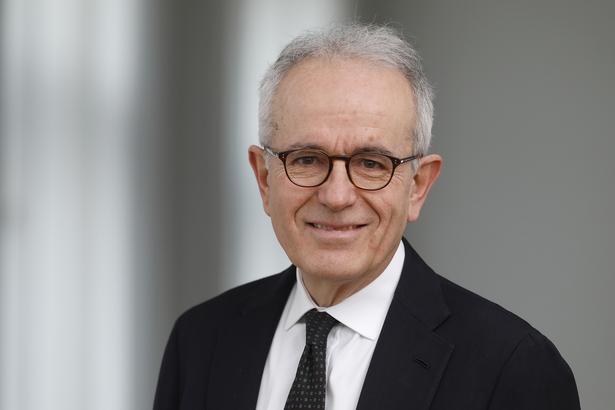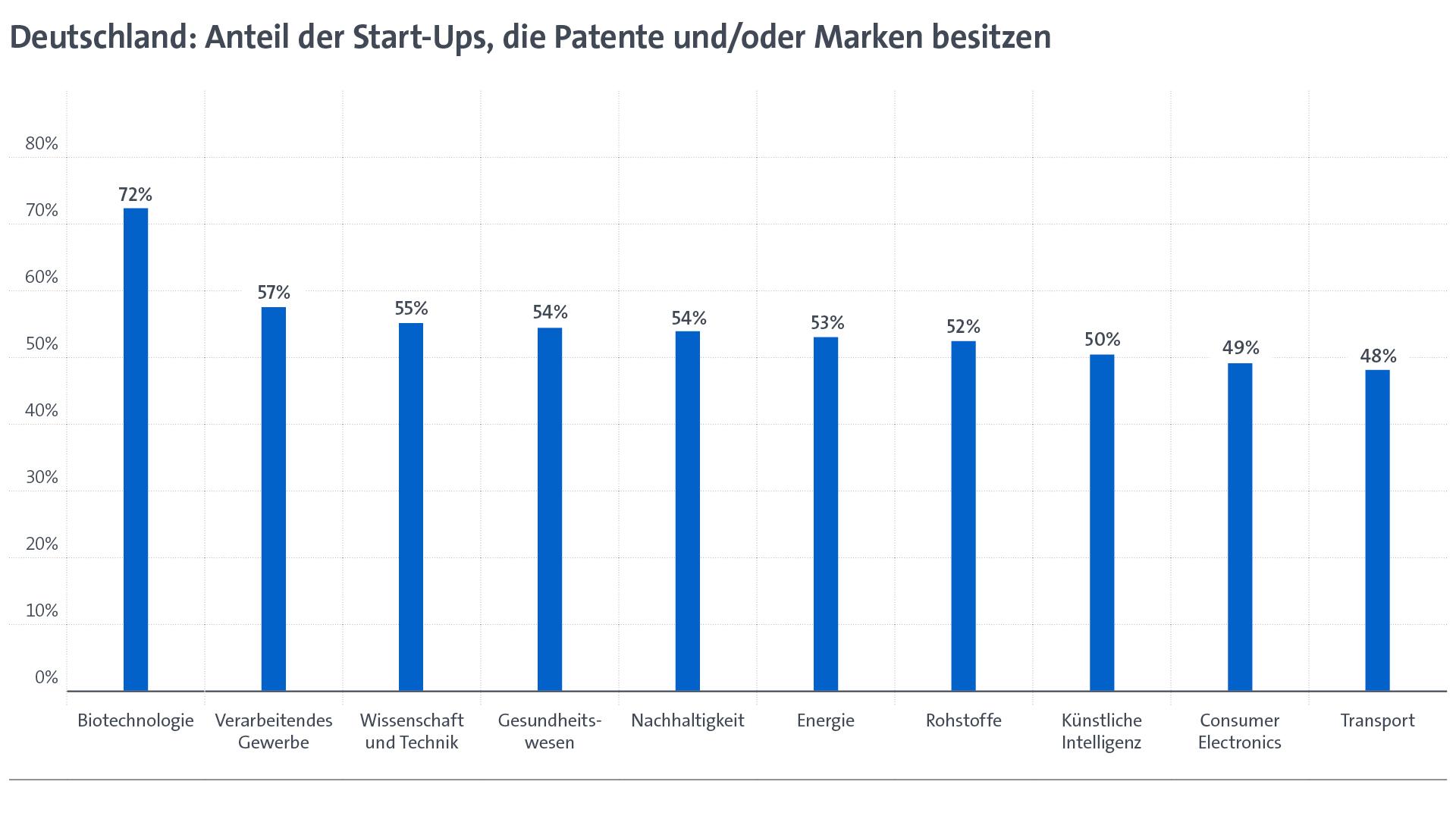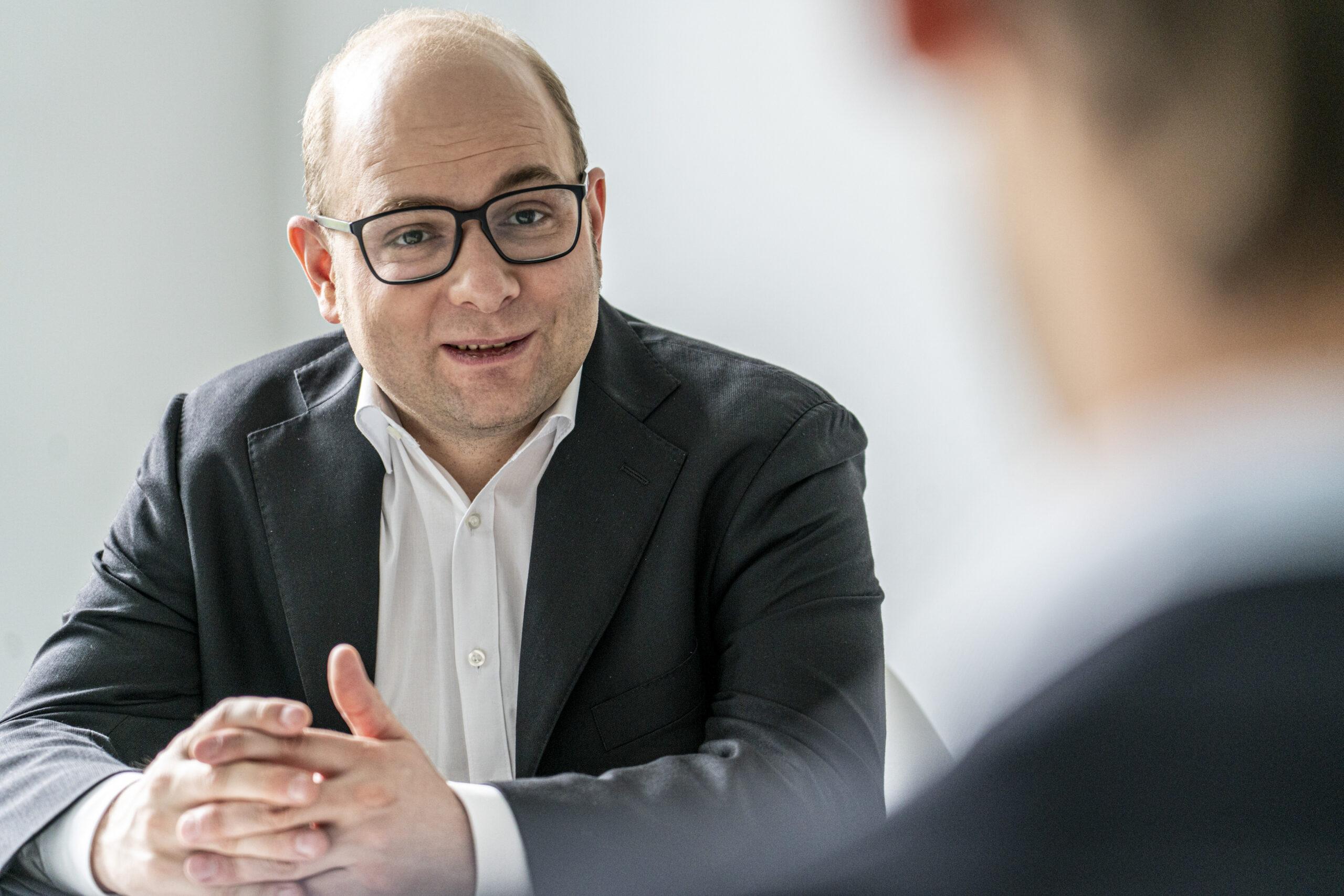Nothing ventured, nothing gained

Many young founders are unable to finance their plans themselves. Venture capital is an important aid for them. But when should they resort to it? And what do investors actually get out of it?
The start-up world is populated by many idealists who are convinced that their idea could make the world a better place. With such convictions, it sometimes seems almost irrelevant whether you have the money to implement such an idea yourself. But you can't do it without investment. In addition to your own money and loans, venture capital is an important financing instrument for founders, especially if the business idea has high growth potential. However, those who rely on venture capital should take a few things into account. An overview:
What is venture capital?
Venture capital is a form of financing that any company can use. A financier provides a sum of money and in return receives shares in the company and becomes a shareholder. How many shares he receives for what amount is a matter of negotiation and is closely linked to the company valuation. However, only very few lenders aim for a majority shareholding. In contrast to other forms of financing, such as a loan, start-up founders do not usually have to pay back the money invested.
Which start-ups need venture capital?
Not every start-up needs to rely on venture capital. After all, the founders also give up part of the control over their company with the shares. Companies that already have a profitable, self-sustaining business model at an early stage also receive capital from other sources. Their founders can, for example, go to the bank in the traditional way.
However, VC is essential for companies that are not yet creditworthy. They need investors who are convinced of their idea and believe that the investment will pay off in the medium term.
Venture capitalists are generally looking for start-ups whose business model is scalable, i.e. grows quickly and exponentially. This is the only way they can ultimately achieve the desired return on their invested capital. "The right timing is crucial for whether a business idea will fly or not," said venture capitalist Olaf Jacobi from Capnamic Ventures recently in an interview with "Startbase". It is about finding the exact point in time when a market explodes, otherwise the costs for the investor would increase significantly.
At what point do start-ups need venture capital?
Venture capital can always be interesting. There are usually three phases in which venture capitalists get involved: The seed phase, the early stage and the growth phase.
The seed phase is often before the actual company is founded. Even if there is not yet much more than the idea, companies already need money to develop a prototype, for example. Naturally, the risk for investors is highest here, which means that they will demand large stakes in the company even for smaller investments.
In the early-stage phase, there is at least one product, then it is a matter of building up production capacities and acquiring customers. Here, investors expect companies to have already proven that their concept works commercially. Now it is time to enter the market.
In the growth phase, the aim is to generate growth, develop new markets and expand. During this time, the risk for investors is increasingly lower, as the start-up has already passed a number of tests. Accordingly, the founders can negotiate better conditions for themselves.
Who are the investors?
Venture capital funds, which collect money from investors in order to invest it in start-ups, are probably the best known. The funds usually have a clear focus. This can be on a specific sector, but also on a specific point in the company's history. Some funds invest primarily in very young companies, while others primarily provide money for expansion efforts.
Especially in the seed phase, it can also be worthwhile for founders to rely on a business angel. These are business people - often former founders themselves - who tend to invest small amounts of money, but use them very early on to get an idea off the ground.
Government programs can also help. Currently, for example, there is the "Invest" program of the Federal Ministry of Economics, which pays out grants for venture capital. The founders do not even have to give up shares for this. The development banks of the federal states also provide venture capital for start-ups in their region, as does the nationwide development bank KfW. There is also the High-Tech Start-up Fund, which is also financed by KfW and the Federal Ministry of Economics as well as private partners.
Many large companies are now also actively looking for attractive investments. Many have set up their own departments that focus solely on the search for start-ups and then support them. Just recently, for example, Bayer bought into the start-up Senti Biosciences.
What do investors look for?
The requirements of every investor are different, which is why founders should think very carefully beforehand about which one is right for them. However, most do pay attention to a few points: "We have a credo that we have been true to for years, and that includes three things: team, timing and technology," says VC investor Olaf Jacobi. The team is particularly important, as many start-ups fail in the end due to founder disputes.
It takes some time before capital actually flows in. First, confidentiality agreements are signed, then the investor issues a letter of intent in which he formalizes his fundamental interest. Only then do VCs examine all financial and legal aspects before finally drawing up an investment agreement.
When do investors benefit?
The investors aim for an exit, i.e. they want to sell their shares at a profit at some point. When and how they do this depends on the path the company takes. Most plan for three to seven years, depending on whether they have already invested in the early stage or only in the growth phase.
Ideally, the start-up will go public at some point so that investors can trade their shares there. Alternatively, another company can take over and buy out the investors' shares. Sometimes the founders also decide to acquire their shares themselves and thus regain control of their company.

Newsletter
Startups, stories and stats from the German startup ecosystem straight to your inbox. Subscribe with 2 clicks. Noice.
LinkedIn ConnectFYI: English edition available
Hello my friend, have you been stranded on the German edition of Startbase? At least your browser tells us, that you do not speak German - so maybe you would like to switch to the English edition instead?
FYI: Deutsche Edition verfügbar
Hallo mein Freund, du befindest dich auf der Englischen Edition der Startbase und laut deinem Browser sprichst du eigentlich auch Deutsch. Magst du die Sprache wechseln?











